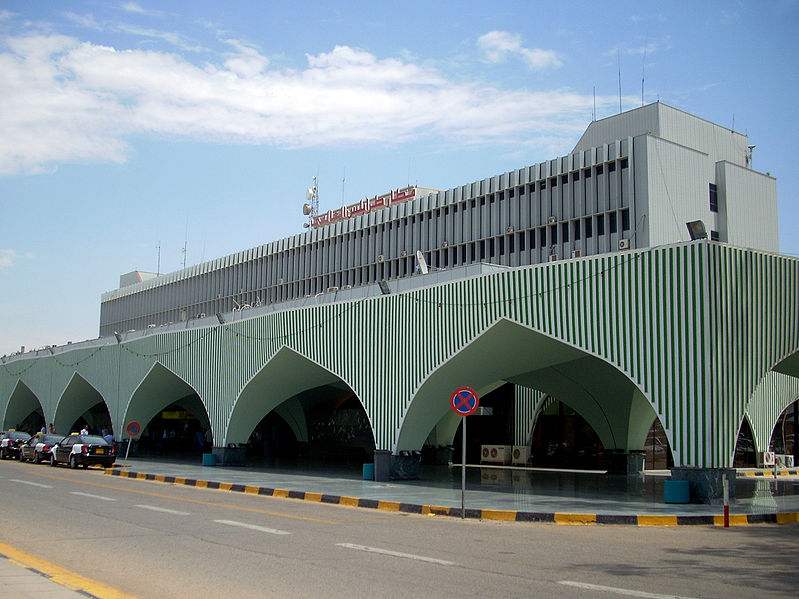By Donna Hicks.
Cambridge, MA, USA, 12 May 2013:
A remarkable event took place in Tripoli last week – the first of it’s . . .[restrict]kind since the liberation of Libya. Co-sponsored by the Italian NGO Ara Pacis and the Libya NGO, Al Mubadara Libya Asalam, a conference was held to launch the Libyan Initiative, a project designed to promote healing and reconciliation in a country that has suffered some of the worst indignities humanity has ever endured.
As a member of the board of Ara Pacis, along with fellow board members Dr. Izzeldin Abuelaish, and Nobel Peace Prize winner, Leymah Gbowee, we were invited to address some of the challenges Libya faces in their efforts to put the past to rest and to pave the way for healing and reconciliation.
I convened workshops at the conference, designed to discuss the role that dignity plays in the reconciliation process. Participants were former political prisoners who had survived one of Qadaffi’s bastions of cruelty, the Abu Sleem prison, in which many of them spent up to 35 years.
We heard story after story of the never-ending suffering and torture these men endured. We also took a trip with them to the prison and saw, with or own eyes, the context in which the brutality and humiliation occurred. All I could think of was that human beings were not designed to endure these indignities. Yet, against all odds, many of the men survived.
What the world needs to know about these remarkable men is that when they were set free, they re-entered the world armed not with hatred or the desire for revenge, but with the wisdom of prophets. Libya has dozens of Nelson Mandela’s. They are all clear about one thing: that their role moving forward is to ensure that no Libyan, nor, for that matter, anyone in the world, should ever be treated the way they were in Abu Sleem.
They are dedicating their lives to promoting peace and human dignity – the awareness that we all need to take responsibility for treating each other in a way that honors everyone’s inherent value and vulnerability.
What stuck me the most about the men was their tenderness. They wept while telling their stories, as did the interpreter who translated their words for me. They were not afraid to show their vulnerability; perhaps that’s what happens to human beings when the fear of looking weak becomes irrelevant. What is left is humanity at its finest – the freedom to express and describe every facet of experience with the depth of emotion that defines it.
They spoke softly, slowly, and with stunning clarity. They weren’t in a rush, nor felt the need to try convincing us of anything. They simply wanted to tell us the truth of what happened, including the most humiliating experiences. It seemed that by conveying the details, they were purged of the shame; what remained was The Story. What I saw was that truth has its own way of revealing itself – the more vulnerable the beholder, the more powerful the impact.
I also worked with young Libyans from all corners of the country, many of them with visible signs of their patriotic involvement in the revolution – men in their twenties walking with limps and canes. They were very proud to show me the scars where bullets entered and left their bodies. I examined their beautiful faces and wondered how they managed to survive the terror that I know they could not, nor did not want to escape.
The images from their stories still haunt me. These were bright young people who should have had books in their hands, not weapons. Yet, they, too, in the aftermath of the violence, vowed that never again would tyranny take root in the new Libya. They are determined to replace the politics of humiliation with a political culture of dignity. I recruited dozens of Dignity Agents, young and old, during my visit to Tripoli.
The world needs to know that the Libyan people are struggling to recover from the horrors of the Qadaffi regime. They have been through hell. If ever there were a time for the international community to support these brave men and women, it is now. The worst of it is over but the best is yet to come.
Libyans, to be sure, have what it takes to create a new and prosperous country, but why not stand with them and see if we can’t help accelerate the process? We have nothing to lose and everything to gain. Think of all that wisdom they have to share with us.
But perhaps more the point, in the words of George Eliot, our motivation should be this: What are we here for but to make life less difficult for one another?
Donna Hicks, is Associate at the Weatherhead Center for International Affairs, Harvard University and author of the book, Dignity: It’s Essential Role in Resolving Conflict.”
The views expressed in this opinion piece do not necessarily reflect those of the Libya Herald. [/restrict]





